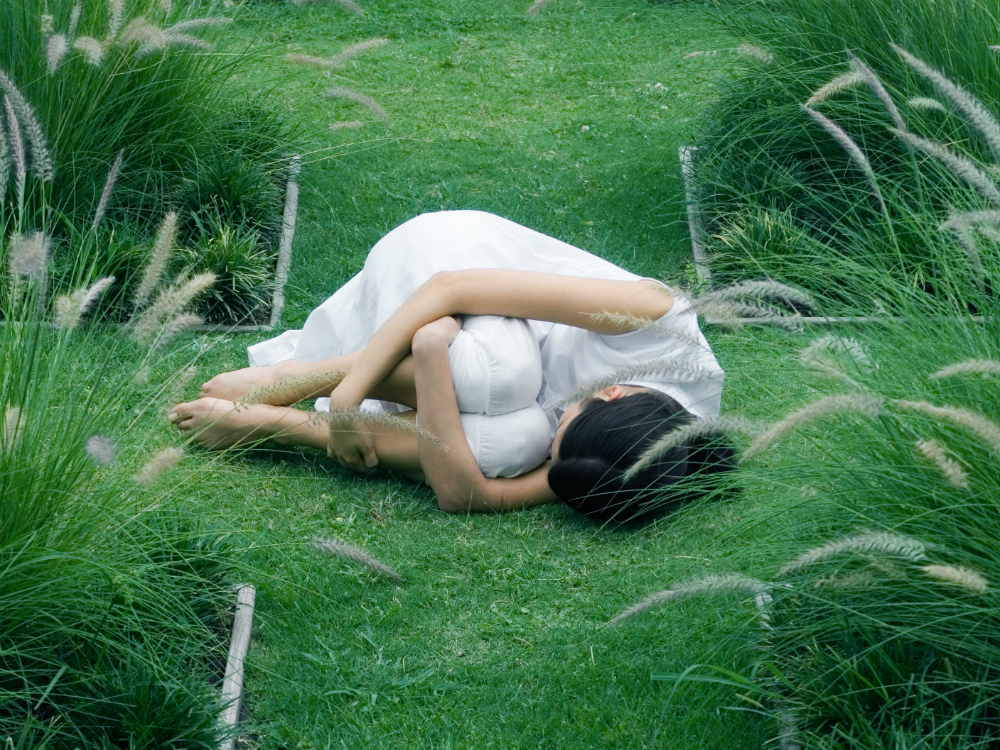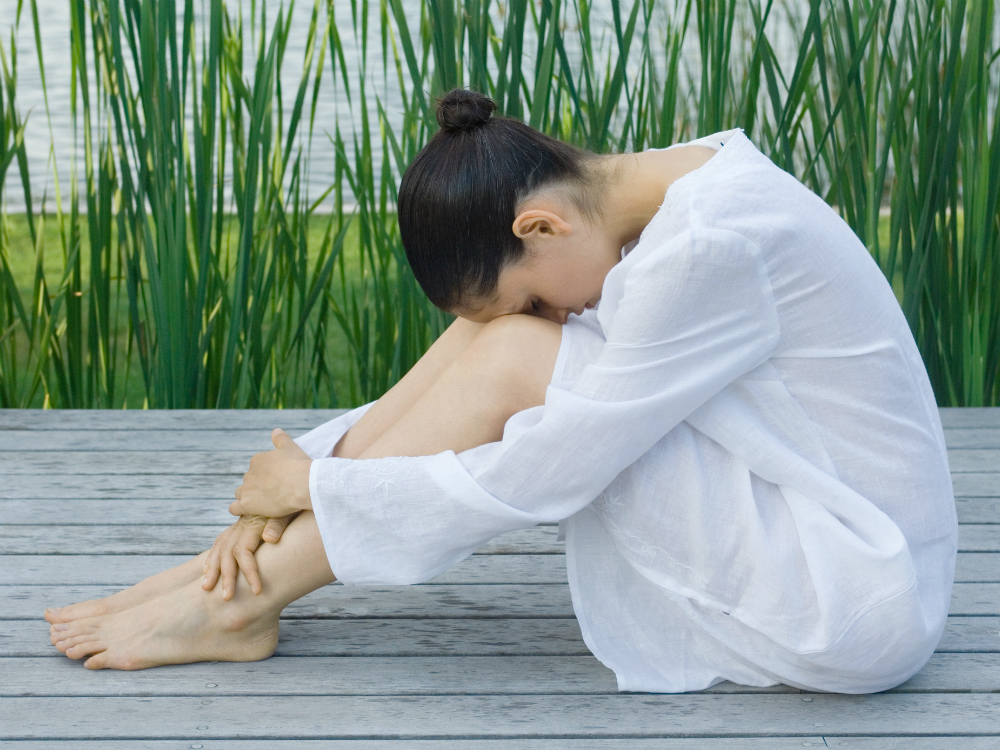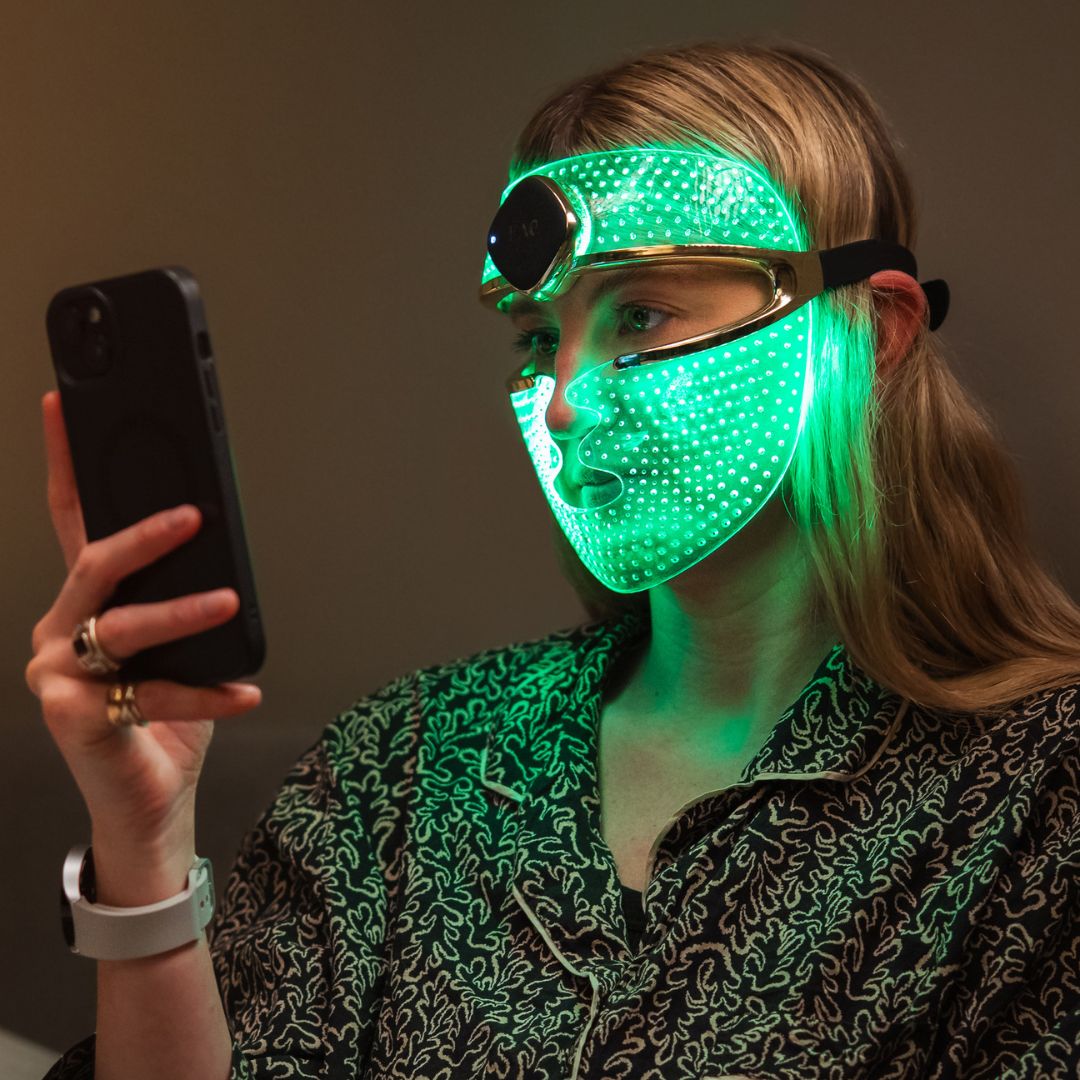The Science Of Shame - And How You Can Stop Feeling It
As part of our #Breakfree from Shame campaign, we spoke to sex abuse psychologist Dr Nina Burrowes about the science of shame - and why so many women feel it after experiencing assault...

As part of our #Breakfree from Shame campaign, we spoke to sex abuse psychologist Dr Nina Burrowes about the science of shame - and why so many women feel it after experiencing assault...
'Shame starts with guilt,' explains Dr Nina Burrowes, a research psychologist specialising in the pyschology behind sexual abuse. 'Many survivors of sexual violence feel guilty about what happened to them. They look at the ways they could have prevented it, or look into themselves to find a reason why it was their fault.'
It makes sense. When something bad happens, we want to understand why - to know what the cause is, and how we can prevent it happening again. If you experience a violent or sexual assault, your choice - your power - will have been taken away from you - maybe even from somebody who you know, and love. And as Burrowes puts it, guilt subsequently becomes a way of taking back control.
'When you say "It was my fault," you're also saying "I have the power to stop it from happening again," she explains. 'So if you tell yourself, "It happened because I was bad", then you're protecting yourself from the message "The person who is supposed to protect me is choosing to hurt me".'
'The problem occurs when guilt turns into shame,' she adds. 'When it moves from "I did something bad" to "I am a bad person". At this point the shame becomes part of your identity, which means it can manifest itself in every aspect of your life. It becomes who you are, and it can hold you back from getting the support you need to move on.'
Burrowes believes that it suits society for survivors of abuse to blame themselves. 'We want to hold people responsible for their abuse, we want to believe that they had the power to stop it, because we want to believe that we have the power to stop it,' she says. 'Blaming victims for what they did or did not do before, during or after the abuse is our way of saying "that could never happen to me".'
In order to change that, we need to open our eyes to what sexual and violent assault really means. That means acknowledging the fact that those who experience it have no control, and no power over what happened to them. That there's nothing they could - or should - have done differently.
Marie Claire Newsletter
Celebrity news, beauty, fashion advice, and fascinating features, delivered straight to your inbox!
'We need to recognise that most of the stories we tell ourselves about abuse are inaccurate and designed to give us a false sense of safety and control,' Burrowes explains. 'We need to recognise that the ONLY group of people in society who benefit from the status quo are sex offenders, who continue to get away with their actions.'

So what can you do if you've experienced assault, and can't stop blaming yourself? Go easy on yourself, says Burrowes. 'Recognise that - no matter how you've responded to your experience, ultimately what you're trying to do is look after yourself. Find one small thing that you can do that would be a step towards helping yourself. Chat to a friend, phone a helpline, write down how you are feeling, draw... whatever works for you. Meeting other people who've had a similar experience can be massively helpful - you may feel alone, weird, or toxic, but meeting others might help you realise you're none of those things. Unfortunately there will be many people in your local community who have had similar experiences. Your other resource is the internet. Just search online for forums, chat rooms, support services, and blogs other people have written.'
As for friends or family members, who are struggling to help somebody who's experienced assault, it's a matter of treading the line between giving them the space to make their own recovery - and giving them the push they may need to take those first steps.
'If they have just told you about their experiences, one of the most important things you can do is listen. Avoid asking questions. Avoid taking control of the situation. Let them talk. Then, if you ask one question, let it be "what would you like me to do for you?".'
And while it might be tempting to change the subject (never to bring it up again), Burrowes is keen to emphasise that it shouldn't become the kind of thing you talk about once, and once only. 'Even if they don't bring it up in conversation then you can,' she says. 'Tell them that you want them to know that it's something they can always talk to you about. If you feel awkward and unsure about what you should do, be honest. Be you.'
'If they are able to talk to you about it, then that's a fantastic support to them - don't underestimate how helpful that can be. But still, offer to do more - you can research for helplines and counsellors, you can find out what the procedure is if they want to report to the police. Don't push, but don't be complicit in their desire to bury everything. And look after yourself too. Talk to someone, phone a helpline yourself. Get the support and care that you need. Supporting someone through this is too much to handle alone. You need to do what you can to make sure you are okay - don't sacrifice yourself, or blame yourself for the situation. Be the role model for self-compassion that the person you care about may need.
For more information on Marie Claire's #BREAKFREE campaign, check out our quick catch up guide, or get to know our #BREAKFREE From Shame Ambassador, Pavan Amara.
Visit Nina Burrowes' website here, or buy her book, The courage to be me: A story of courage, self-compassion and hope after sexual abuse, here.
The leading destination for fashion, beauty, shopping and finger-on-the-pulse views on the latest issues. Marie Claire's travel content helps you delight in discovering new destinations around the globe, offering a unique – and sometimes unchartered – travel experience. From new hotel openings to the destinations tipped to take over our travel calendars, this iconic name has it covered.
-
 New Look’s spring collection has dropped—as a picky fashion editor, I’m seriously impressed
New Look’s spring collection has dropped—as a picky fashion editor, I’m seriously impressedSpring trends at affordable prices
By Jazzria Harris
-
 I'm the founder of an ethical brand marketplace - why, in the wake of tariff-gate, protecting independent businesses is more important than ever
I'm the founder of an ethical brand marketplace - why, in the wake of tariff-gate, protecting independent businesses is more important than everThis Earth Day, the founder of Wolf & Badger shares why protecting sustainable brands is so pivotal.
By Ally Head
-
 Three ways to enhance your skincare routine with technology
Three ways to enhance your skincare routine with technologyBy Jenny Proudfoot